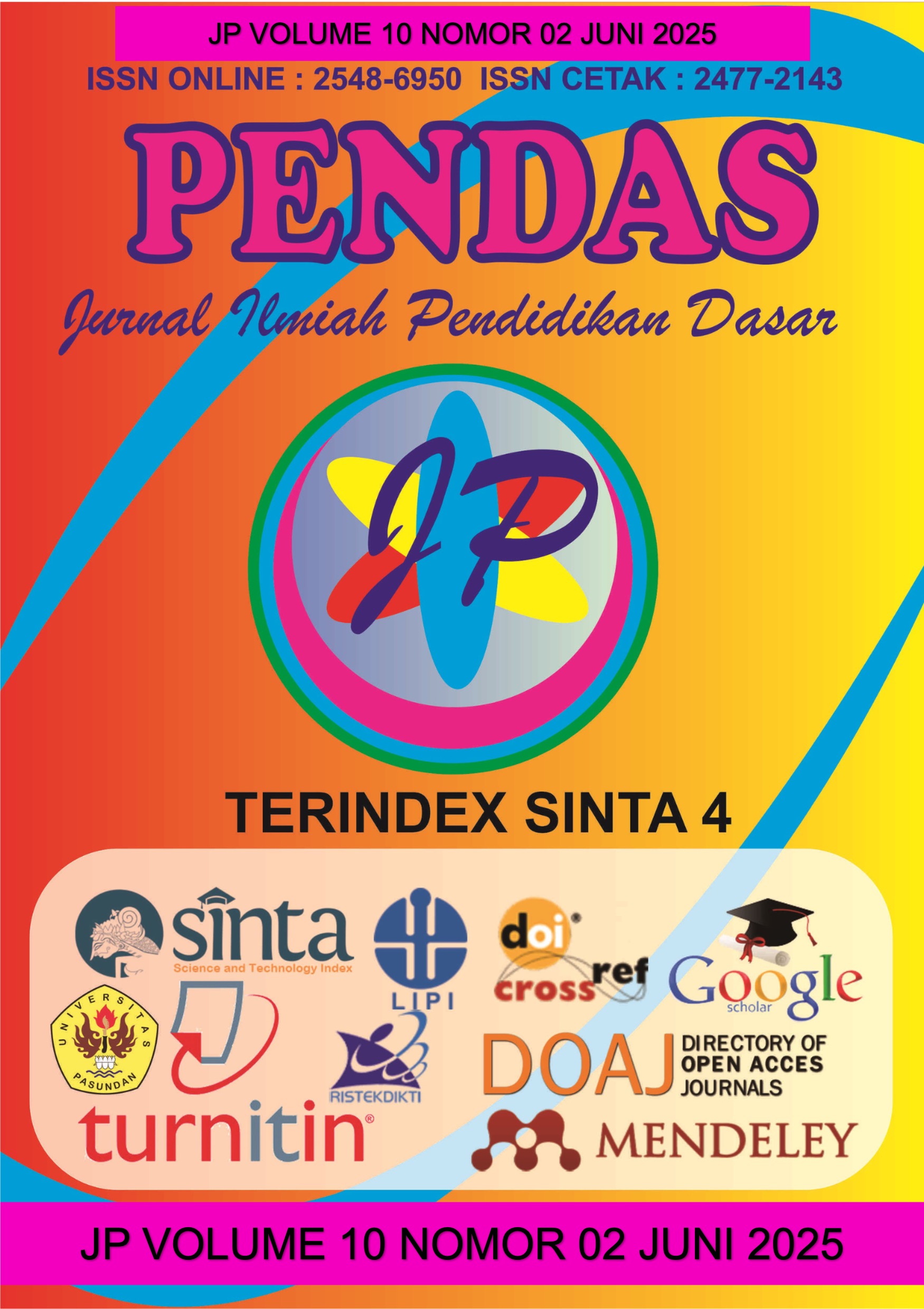ANALISIS PENGGUNAAN E-BOOK UNTUK MENINGKATKAN EFEKTIFITAS PEMBELAJARAN MAHASISWA PROGRAM STUDI PENDIDIKAN BAHASA DAN SASTRA INDONESIA
DOI:
https://doi.org/10.23969/jp.v10i02.24651Keywords:
Technology, E-learning, E-book, Effectiveness.Abstract
Technology is widely used by students in finding learning materials. Students can find materials through E-learning media. Online learning (e-learning) is a type of learning and teaching that allows educational materials to be provided to students using the internet or other computer networks. One of the sources of E-learning that is widely used by students is e-books. This study discusses the analysis of the use of e-books to improve the effectiveness of learning for students of the Indonesian language and literature study program. The purpose of this study was to determine the effectiveness of the use of e-books in the student learning process and also to find out the responses of students of the Indonesian language and literature study program, as well as to find out the advantages and disadvantages of using e-books. The research method used in this study is a qualitative method combined with a descriptive method, as well as conducting interviews. The results of this study indicate that the use of e-books by students of the Indonesian language and literature study program is quite effective, because it helps students in the learning process, such as finding literature and references in making papers or scientific works and research. The use of e-books is said to be effective because it can be accessed anytime and anywhere so that it can facilitate the learning process, and the costs incurred are less than buying physical books.
Downloads
References
Handayani, D., & Sunarso, S. (2020). Eksistensi Budaya Pappaseng Sebagai Sarana Pendidikan Moral. Mudra Jurnal Seni Budaya, 35(2), 232–241. https://doi.org/10.31091/mudra.v35i2.974
Prajawinanti, A., & Khoirunnisa, N. (2023). Analisis Pemanfaatan E-book Sebagai Bahan Penunjang Pembelajaran Oleh Pengguna Perpustakaan SMAN 1 Kedungwaru Tulungagung. THE LIGHT : Journal of Librarianship and Information Science, 3(1), 11–21. https://doi.org/10.20414/light.v3i1.6251
Rawe, B. T. (2020). Makna dan Nilai Pappasengg dalam Lontara' Latoa Kajao Laliddong dengan Arummpone: Analisis Hermeneutika. Jurnal Ilmu Budaya, 8(1), 15. https://doi.org/10.34050/jib.v8i1.8094
Sari, N. D., Tihuri, R., Rudianto, N. F., & Ristina, C. A. (2024). Rancang Bangun User Interface Aplikasi E-book Berbasis Android. Instink: Jurnal Inovasi Pendidikan, Teknologi Informasi Dan Komputer, 3(1), 1–10. https://doi.org/10.30599/8fjesn94
Solehuddin, M., Sopandi, E., Saputra, D. G., Dhaniswara, E., Yulianto, S., Wei, Z., & Xu, S. (2023). Development of Adaptive E-Learning Content to Increase Learning Effectiveness. Journal International Inspire Education Technology, 2(2), 87–89. https://doi.org/10.55849/jiiet.v2i2.457
Downloads
Published
Issue
Section
License
Copyright (c) 2025 Pendas : Jurnal Ilmiah Pendidikan Dasar

This work is licensed under a Creative Commons Attribution 4.0 International License.














































